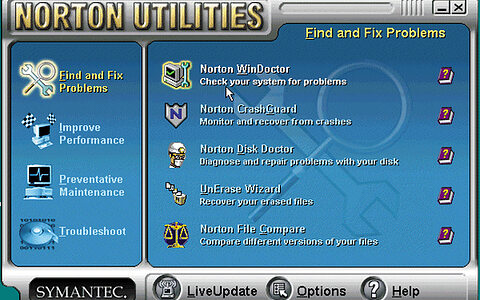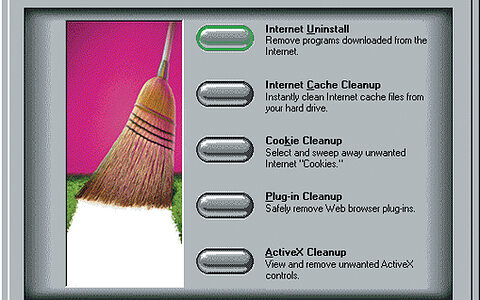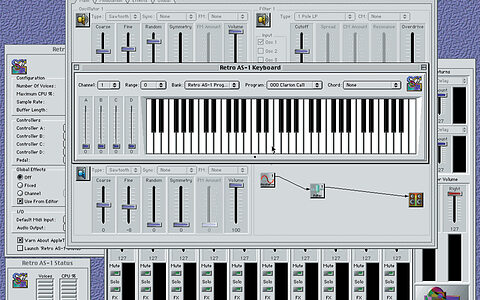
Optimising PC Digital Audio Quality In Software
There is now a bewildering array of audio options inside most PC audio recording packages, and if you understand the reasoning behind them you can get a bit (or even a few bits) more quality out of your hard drive audio. Martin Walker explains.

















